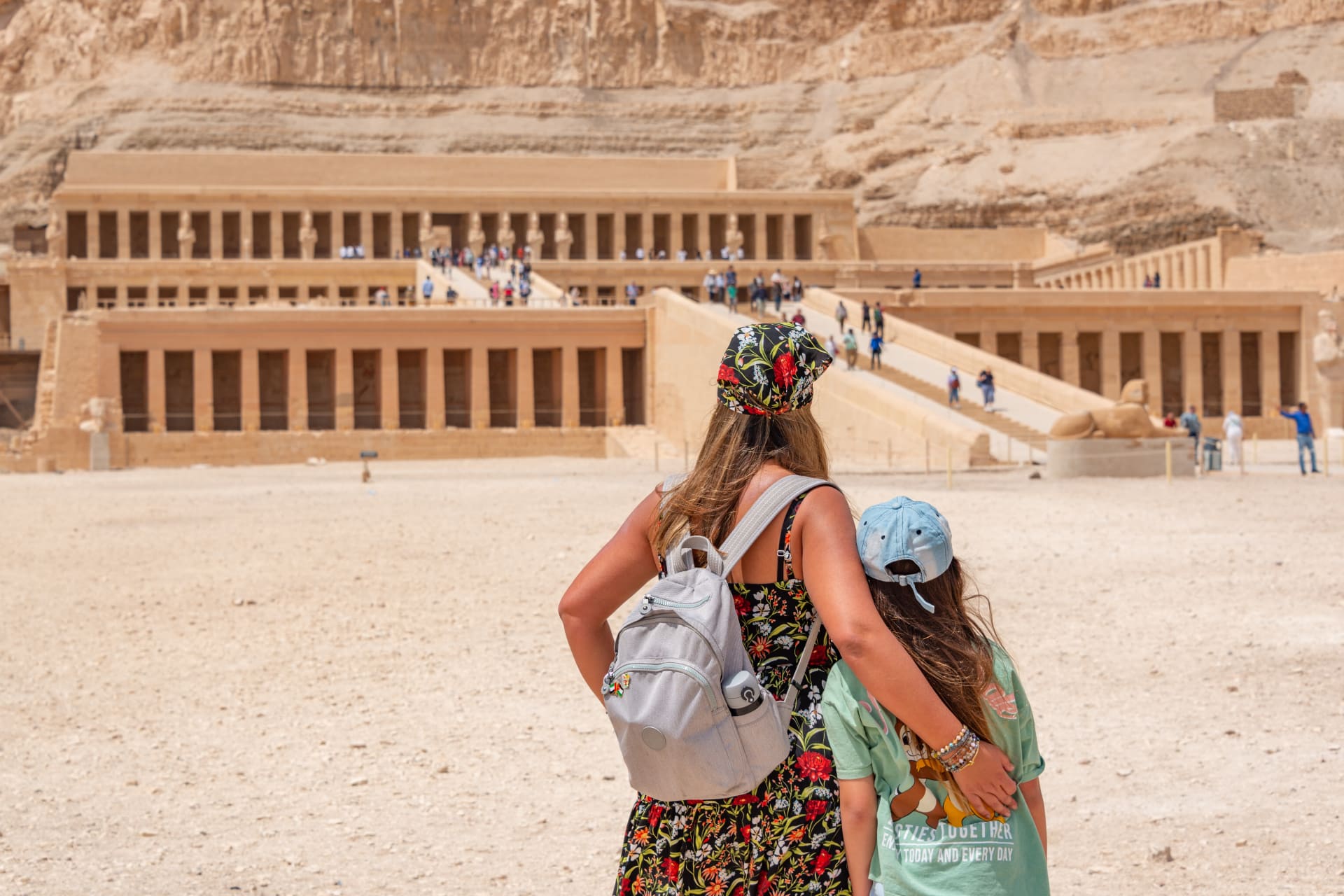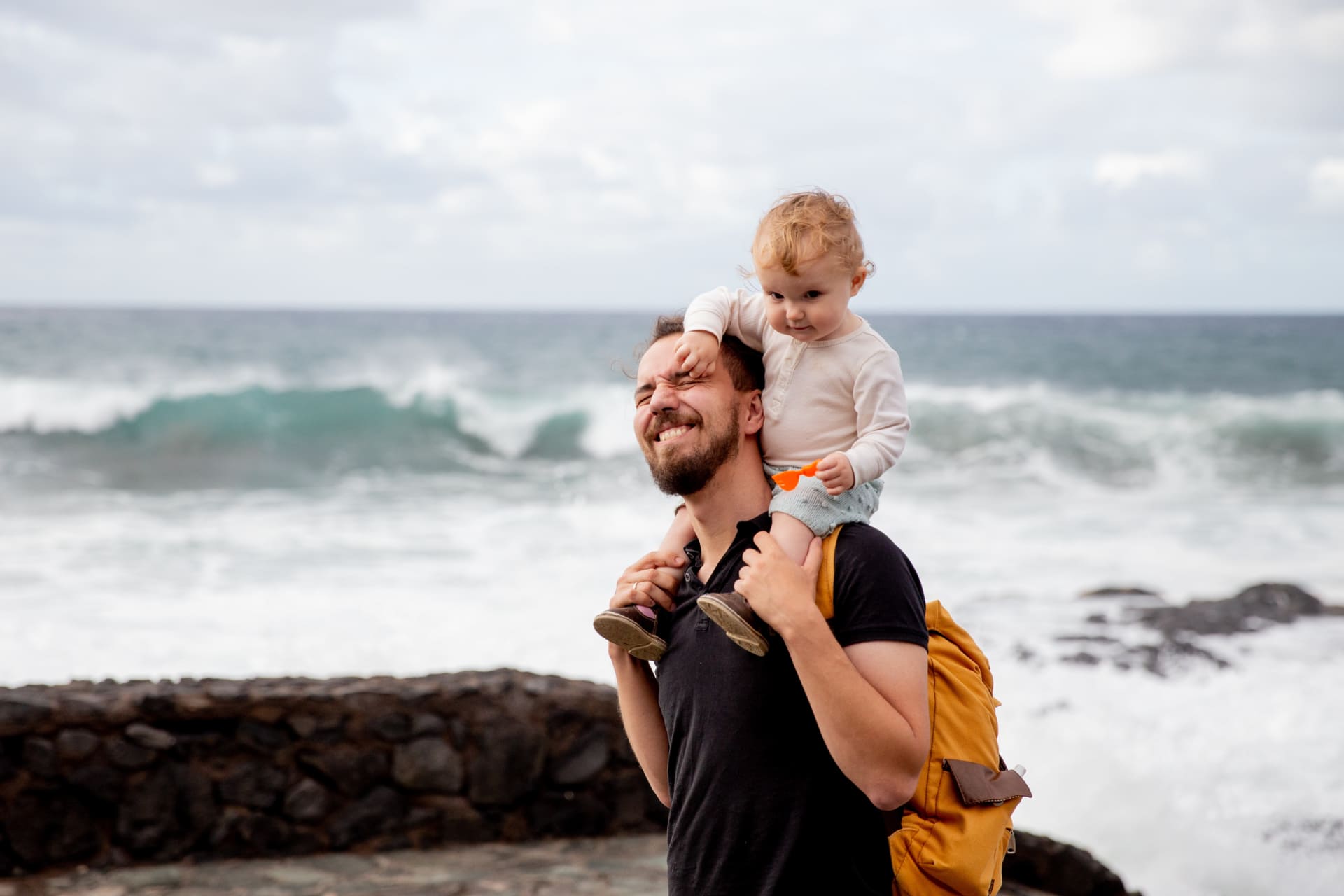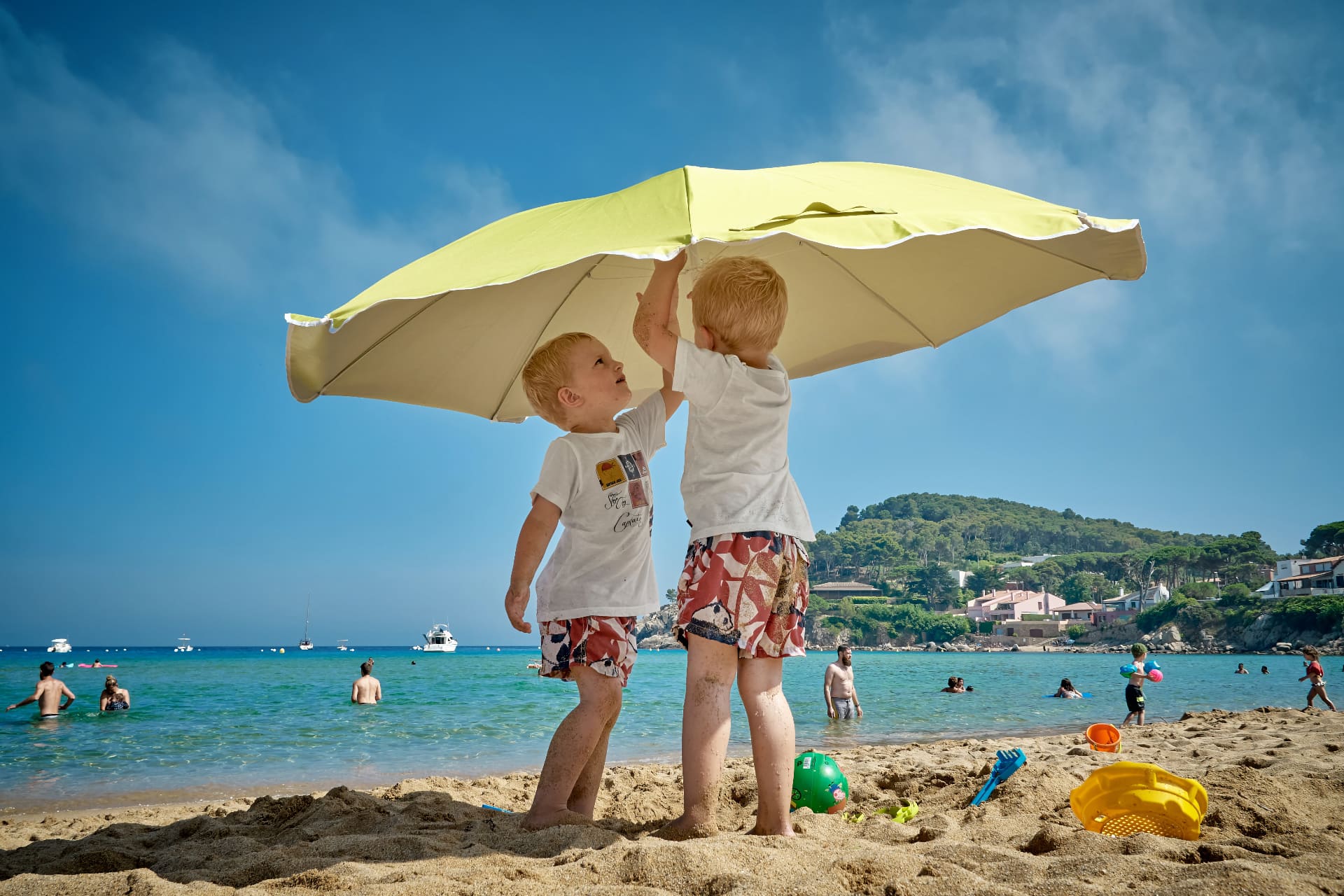The Impact of Travel on Child Development: A Psychological Approach
Traveling is not just about exploring new landscapes, but also about discovering oneself. The influence of travel on children is profound and multifaceted. This article aims to delve into the psychological effects of travel on child development, with a focus on the growth of social, cognitive, and adaptive skills.
Psychological Aspects of Child Development
Child development involves the biological, psychological, and emotional changes that occur from birth until the end of adolescence. It's a continuous process, heavily influenced by experiences and learning opportunities. Travel, being a rich source of new experiences and perspectives, plays a significant role in this process.

The Influence of Travel on Child Development
Development of Social Skills and Empathy
Traveling is an immersive way for children to learn about cultural diversity. When children meet people from different cultures, religions, and lifestyles, they learn that the world is a much bigger place than their immediate surroundings. For example, a child from a bustling city might be intrigued by the slower pace of life in a rural area, or vice versa. These interactions can lead to conversations about cultural differences and similarities, fostering a sense of empathy and understanding that they might not develop from textbooks.
Development of Cognitive Skills and Educational Aspects
Imagine a child learning about the Roman Empire in school. Now, imagine the look on their face when they actually stand in the Colosseum in Rome. The correlation between the physical experience and the school lesson can stimulate a child's desire to learn. This real-world application of knowledge can lead to a deeper understanding of educational materials, developing cognitive skills such as critical thinking, problem-solving, and memory.
Development of Independence and Decision-Making Skills
Traveling, particularly in unfamiliar environments, often presents children with a host of choices, which in turn encourages the development of decision-making skills. These decisions can range from simple choices like picking a meal from a menu in a foreign language to more complex ones like prioritizing which attractions to visit within a limited timeframe.
These experiences can foster a sense of independence in children, as they begin to realize that their choices have consequences. For instance, deciding to stay up late might mean they are too tired to participate fully in the activities planned for the next day. This realization can help children understand the importance of good decision-making and planning ahead, skills that are invaluable in adulthood.
Moreover, traveling as a family often means that children are included in larger decision-making processes. Parents can use these opportunities to discuss the pros and cons of different choices, helping children understand how to make informed decisions.
Development of Adaptive and Problem-Oriented Skills
Travel often includes unexpected circumstances: a missed flight, a closed attraction, or even a sudden change in weather. These situations, while initially challenging, offer excellent opportunities for children to develop adaptive and problem-solving skills.
For instance, if a planned outdoor activity is canceled due to bad weather, children can participate in brainstorming alternative indoor activities. This not only encourages them to be adaptable but also teaches them how to approach problems with a solution-oriented mindset.
Moreover, navigating new environments—be it a crowded marketplace or a complex subway system—can help children develop spatial awareness and strategic thinking. They learn to adapt their behavior according to the environment, whether that means speaking quietly in a museum or standing on the right side of an escalator to let people pass.
Through these experiences, children learn that while they can't control every situation, they can control their response to it. This realization can cultivate resilience and a positive attitude towards overcoming challenges, which are crucial skills for personal and professional success in the future.

Examples and Research
The impact of travel on children's development is not just anecdotal; it is backed by extensive research and studies as well. Here are a few examples that highlight the different aspects of this impact.
Student and Youth Travel Association (SYTA) Study
The SYTA conducted a study that found travel, especially during youth, can have a profound and lasting impact on students' personal, academic, and career growth. The survey of almost 1,500 U.S. teachers reported that travel led to a significant increase in students' independence, self-esteem, and tolerance of other cultures and ethnicities. It also showed that students who traveled were more likely to graduate from high school and go to college.
Wagner and Yan's Study on Cognitive Flexibility
A 2019 study by Wagner and Yan showed that multicultural experiences, such as travel, can increase cognitive flexibility, creativity, and complex thinking. Children who had traveled and had exposure to different cultures were found to be more creative and could think about problems and solutions from various angles.
Research on Resilience and Adaptability
A research paper published in the Journal of Personality and Social Psychology suggested that individuals who spend time in foreign environments show increased adaptability and stress management skills. While this study focused on adults, it's not a stretch to imagine that children, who are naturally more adaptable, could gain similar benefits from travel experiences.
Studies on Educational Attainment
Multiple studies have shown a positive correlation between student travel and academic success. A notable example is a 2013 study by the University of Arkansas, which found that students who went on a school trip to an art museum showed increased empathy, tolerance, and critical thinking skills. They also outperformed their peers on quizzes about the exhibits they saw.
These studies and examples illustrate the diverse ways travel can positively influence a child's development. From boosting academic performance to enhancing personal growth, travel proves to be more than just a fun pastime—it's an investment in the future.

Advice for Parents and Educators
Choosing Appropriate Trips for Different Ages
Not all travel experiences are created equal. Parents and educators should tailor their travel plans to their child's age, interests, and maturity level. For example, younger children might enjoy a trip to a hands-on science center or a kid-friendly museum where they can touch and interact with exhibits. On the other hand, teenagers might be more interested in adventure sports or historical tours. The goal is to choose activities that are both entertaining and educational.
Maximizing the Educational and Psychological Effects of Travel
Before the trip, engage children in planning by researching the destination together. Encourage them to learn a few common phrases if you're visiting a foreign country. During the trip, ask open-ended questions to stimulate their curiosity and critical thinking. After the trip, facilitate a reflection session where children can share their experiences and learnings. This process not only maximizes the educational value of travel but also makes children active participants in their own learning.

FAQs
1. At what age should I start traveling with my child?
There's no hard and fast rule, as it depends on your comfort, the child's health, and the nature of the trip. Even toddlers can benefit from new environments and experiences. Just make sure to plan for their needs and comfort.
2. How can I make travel educational for my child?
Before the trip, research the destination together. During the trip, engage your child with open-ended questions about their observations and experiences. After the trip, encourage them to share their thoughts and what they've learned.
3. Are there risks involved in traveling with children?
As with any activity, there are potential risks, but most can be mitigated with careful planning. Ensure your child understands safety rules and always has a way to contact you. Consider their health, dietary needs, and the safety of the destination itself.
4. How can travel help my child's social skills?
Travel exposes children to various people and cultures, fostering understanding and empathy. Interacting with locals or even fellow travelers can enhance their communication skills and social awareness.
5. Can travel help my child in school?
Yes, travel can complement classroom learning by providing real-world examples of things they learn in school. It can enhance understanding, stimulate curiosity, and foster a love for learning.
6. How can I encourage my child to be more independent during our travels?
Allow your child to participate in decision-making during the trip, appropriate to their age and maturity. This could be choosing attractions to visit, meals, or even planning a day's itinerary.
7. How does travel help with problem-solving skills?
Travel often includes unexpected circumstances. These situations, while initially challenging, offer excellent opportunities for children to develop problem-solving skills as they figure out solutions.
Conclusion
In conclusion, travel has a profound impact on child development, nurturing social, cognitive, and adaptive skills. The world is a vast classroom, and each trip is a unique lesson. The benefits of these lessons extend beyond the journey itself, shaping the children into empathetic, independent, and adaptable individuals.



